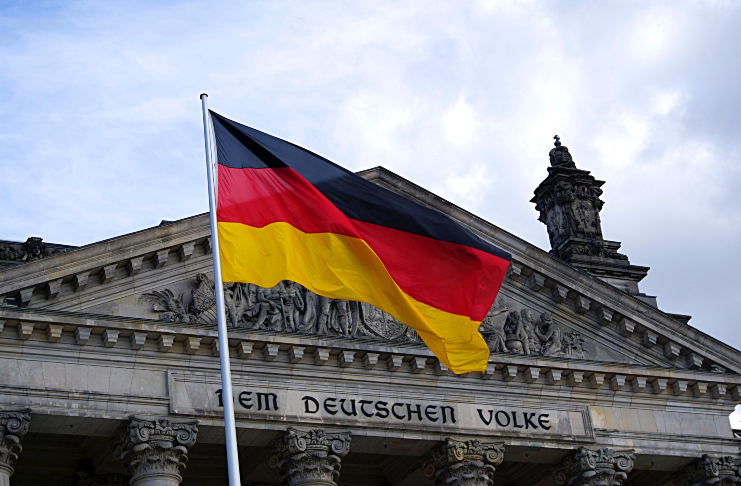Germany’s Federal Financial Supervisory Authority (BaFin) issued new guidance that clarifies the status of Bitcoin and cryptocurrencies while providing a regulatory framework for crypto custodial firms.
A translated BaFin press release published on March 2 defines cryptocurrencies as “the digital representations of value” that share the following attributes:
- not issued or guaranteed by any central bank or public institution
- not legally recognized as currency or money
- accepted as a medium of exchange
- can be a vehicle of payment or investment
- can bear the rights of traditional securities
- can be electronically stored, transferred, and traded

Bitcoin, crypto considered legal financial instruments
In addition, BaFin notes that Bitcoin and cryptocurrencies are generally considered as financial instruments. The German regulator provides a broad definition in order to include all digital assets relevant to the financial market.
Also, the document stresses that cryptocurrencies are different from various kinds of “electronic money,” which have other segments of the law devoted to them.
The new classification of cryptocurrencies is based on the definitions provided by other regulators around the world, including the Financial Action Task Force.
BaFin made the clarification that prior to the release of the new guidance, cryptocurrencies were not covered by pre-existing categories in the country.
Legalization of crypto exchanges and firms
BaFin further clarifies that it now considers companies that provide the service of exchanging legal tender into cryptocurrencies and vice versa as legal financial services institutions.
With this classification, the exchange of cryptocurrencies now falls under the regulated banking and other financial services category.

Germany implements the AMLD5, crypto firms to acquire licenses
Recognizing cryptocurrencies as legal financial instruments is part of BaFin’s efforts to update its anti-money laundering laws in compliance with the Fifth EU Money Laundering Directive (AMLD5), which came into force on January 1, 2020.
The development mandates that crypto custodial firms should acquire licenses.
For now, unlicensed companies already operating and providing crypto custodial services in Germany will not be penalized. They have until March 30, 2020, to show intent to secure a license and apply before November 30, 2020.
BaFin defines crypto custodial firms as entities that:
- take cryptocurrencies under their care as a service for third parties
- store clients’ cryptocurrencies in a collective inventory
- keep clients from learning the cryptographic keys used
So far, more than 40 banks in Germany have applied for the crypto-custodial license per Leaders League. Börse Stuttgart, the second-largest stock exchange in the country and ninth-largest in the continent, is one of the firms that applied for the license.
The post Germany officially recognizes Bitcoin and crypto as legal financial instruments appeared first on Micky.